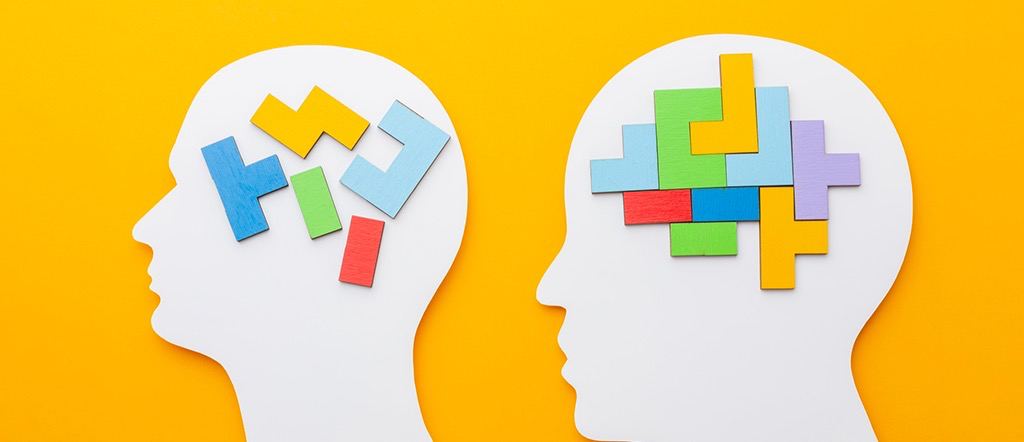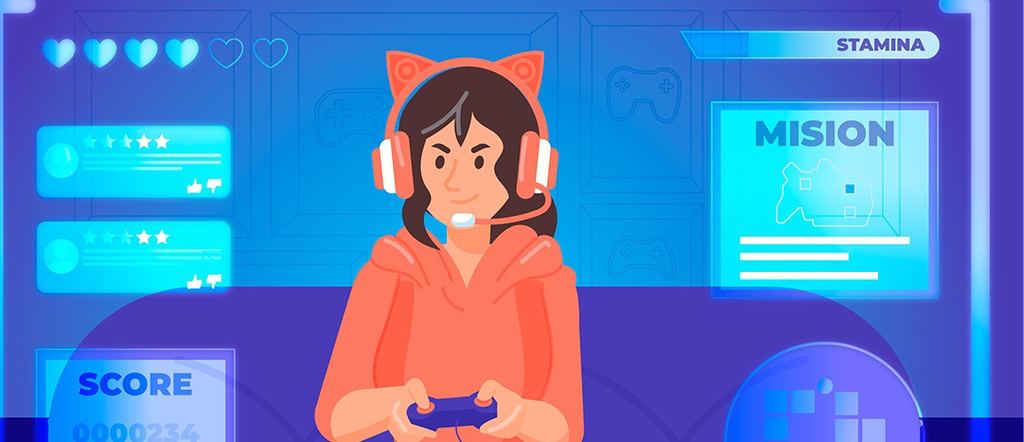
iGaming has been a source of controversy for decades, with many people arguing that they promote violent behavior and contribute to addiction. However, recent research has shown that igaming can have numerous benefits for mental health, including improved cognitive function, reduced stress and anxiety, and increased social connectedness. In this blog post, we’ll explore some of the ways in which games can improve our mental health and well-being.
- Improved Cognitive Function
Playing games requires a high level of cognitive function, including attention, memory, spatial reasoning, and problem-solving skills. Studies have shown that playing igaming can improve these cognitive abilities, particularly in older adults. A study published in the journal Nature found that playing a 3D game improved cognitive function in older adults, including memory, attention, and decision-making skills. Another study found that playing games improved spatial reasoning skills, which are important for navigating physical spaces and mental maps.
- Reduced Stress and Anxiety
Many people turn to video games as a way to unwind after a long day, and research suggests that this may be an effective stress management technique. A study published in the journal Computers in Human Behavior found that playing games reduces stress and anxiety levels in participants. The study also found that the more immersive and engaging the game was, the greater the reduction in stress and anxiety.
- Increased Social Connectedness
iGaming has been a long way for people to connect with others, whether it’s playing online with friends or attending gaming events and conventions. Research has shown that igaming can be a powerful tool for increasing social connectedness and reducing feelings of loneliness and isolation. A study published in the journal Cyberpsychology, Behavior, and Social Networking found that playing video games with others was associated with increased social support and reduced feelings of loneliness.
- Improved Mood
Playing games can also have a positive impact on mood, particularly in individuals who struggle with depression. A study published in the journal Games for Health found that playing specially designed games for just 25 minutes per day for a month resulted in significant improvements in mood in participants with depression. The game was designed to teach cognitive-behavioral therapy techniques and encourage positive thinking.

- Enhanced Creativity
Games are often designed to be immersive and engaging, and playing them can stimulate the imagination and enhance creativity. A study published in the journal Creativity Research Journal found that playing games was associated with increased creativity, particularly in individuals who played games that required them to think differently and get over the problems with more creative solutions.
- Improved Motor Skills
Many games require players to use hand-eye coordination and fine motor skills, and research has shown that playing these games can improve these abilities. A study published in the journal Current Biology found that playing action games improved hand-eye coordination and reduced reaction times in participants.
- Distraction from Chronic Pain
For individuals living with chronic pain, gaming can provide a welcome distraction from their symptoms. A study published in the journal Pain Management Nursing found that playing games reduced pain intensity and improved mood in patients with chronic pain. The study also found that the distraction provided by games helped to reduce the use of pain medication in some patients.
So, gaming can have numerous benefits for mental health and well-being, including improved cognitive function, reduced stress and anxiety, increased social connectedness, improved mood, enhanced creativity, improved motor skills, and distraction from chronic pain. Of course, as with any form of entertainment, it’s important to use video games in moderation and to ensure that they don’t interfere with other important aspects of our lives, such as work, relationships, and physical health. But when used responsibly, games can be a valuable tool for promoting mental health and well-being.

